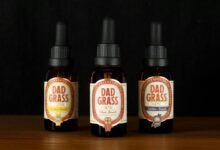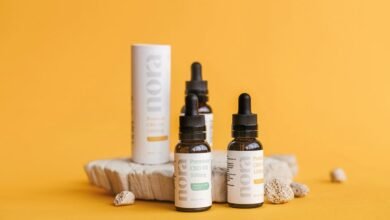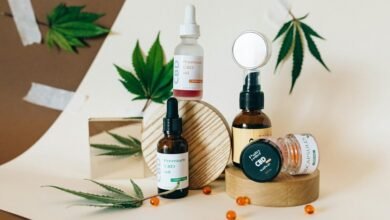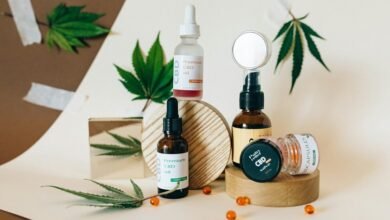Does Cbd Register on a Drug Test
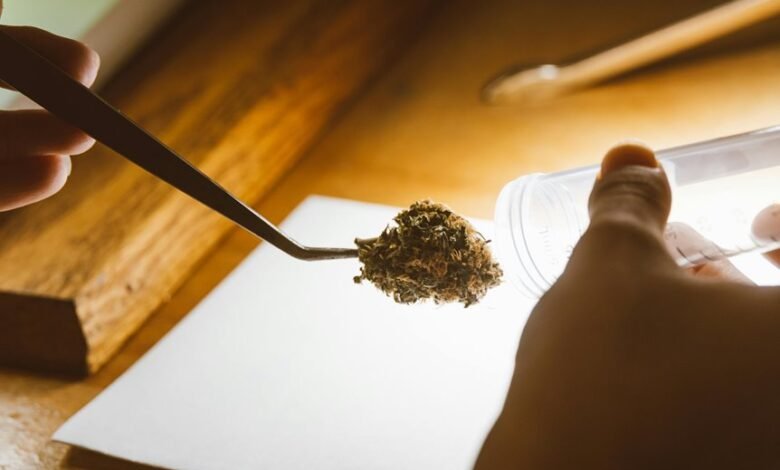
The relationship between CBD and drug tests is a topic of interest for many. CBD is often considered safe and non-intoxicating, primarily because it does not produce the psychoactive effects associated with THC. However, the presence of trace THC in some CBD products can complicate matters. Understanding how drug tests work and the potential for false positives is crucial for users. What should CBD consumers know to navigate this landscape effectively?
Understanding CBD and THC: The Key Differences
Although both CBD (cannabidiol) and THC (tetrahydrocannabinol) are compounds derived from the cannabis plant, they possess distinct properties and effects.
CBD legality varies by region, often being accepted for therapeutic use without psychoactive effects.
In contrast, THC effects include euphoria and altered perception, which can lead to legal restrictions in many areas.
Understanding these differences is essential for informed choices regarding cannabis use.
How Drug Tests Work: What They Measure
Drug tests are analytical procedures designed to detect specific substances in a person's system, typically focusing on drugs that may impair functioning or indicate substance abuse.
Various drug test types, including urine, blood, and hair tests, analyze samples for the presence of substances.
Each type has different detection windows, influencing how long after use a substance can be identified in the system.
Factors That Influence Drug Test Results for CBD Users
When considering the potential for CBD to show up on drug tests, several factors come into play that can significantly influence the results.
User habits, such as dosage and frequency of use, determine how CBD interacts with the body.
Additionally, the presence of potential metabolites can lead to false positives, particularly if the product contains traces of THC, complicating the testing landscape for CBD users.
Tips for CBD Users to Avoid Positive Drug Test Results
To minimize the risk of a positive drug test result, CBD users should take proactive measures that ensure they are using products with minimal THC content.
Choosing broad-spectrum or isolate CBD products can significantly reduce THC exposure.
Additionally, users should be aware of different testing methods, as some may detect trace amounts of THC from CBD consumption.
Regularly reviewing product lab results further aids in informed choices.
Conclusion
In conclusion, while CBD itself typically evades detection on drug tests, the shadows of trace THC can lead to unexpected outcomes for users. By understanding the nuances of CBD and opting for products with verified lab results, individuals can navigate this complex landscape with greater confidence. Ultimately, making informed choices is akin to steering a ship through fog; knowledge serves as the guiding light, ensuring one reaches the desired destination without unnecessary pitfalls.


